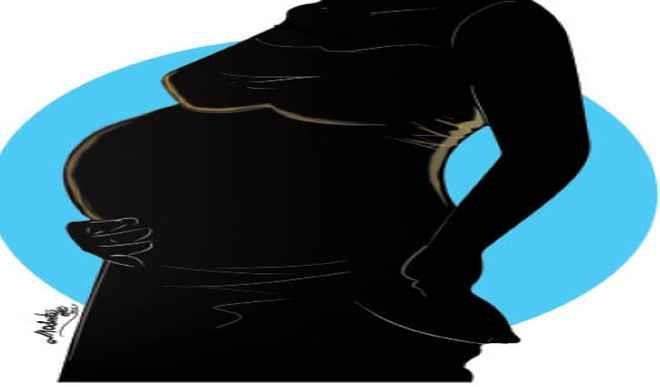Avoid lifting heavy objects during pregnancy – expert
An Abuja-based gastro-enterologist, Dr John Apeh, on Monday, advised pregnant women to avoid anything that would cause a strain that could affect the anal area. He gave the advice in an interview with News Agency of Nigeria (NAN) in Abuja. Apeh, who defined haemorrhoid as a health issue that result from inflamed or swollen veins […]

An Abuja-based gastro-enterologist, Dr John Apeh, on Monday, advised pregnant women to avoid anything that would cause a strain that could affect the anal area.
He gave the advice in an interview with News Agency of Nigeria (NAN) in Abuja.
Apeh, who defined haemorrhoid as a health issue that result from inflamed or swollen veins in the anus and causes pain and discomfort, added that “it affects most pregnant women, but can be cured if handled effectively.”
The gastroenterologist said that haemorrhoid could be worrisome in pregnancy, as the swollen and inflamed veins in the rectum and anus cause discomfort and even bleeding.
He, therefore, advised pregnant women to avoid lifting heavy objects, avoid sitting for a long time, eating foods that would harden their excreta, thereby making them to strain while defecating.
He added that “constipation is common during pregnancy because of the increase in hormone progesterone.”
“The passage of food through the intestine becomes very slow during this period, thereby causing hard bowl,
which makes most pregnant women to strain while trying to defecate and this is how haemorrhoid starts.”
According to him, the symptoms of haemorrhoids can be discovered through self-examination, noting that pain in the anus will first be felt, followed by itchy anus.
Apeh added that at times, pregnant women would notice anal bleeding, burning sensation, a lump in the anus,
which would cause discomfort.
He said “There are medications for this situation, but simple things in the home would also help a lot.
He advised that “one can sit in lukewarm water for about 15 minutes two to four times daily to stop the pains,
apply cold compressing method on the haemorrhoid to make it shrink and avoid sitting for a longer time in the toilet.”
“The best option is to prevent constipation, which is the major cause of non-inherited haemorrhoids, consumption of more fruits and vegetables and water.”
He warned that haemorrhoids could be dangerous if left untreated, as the swollen anus vein would bulge out
and cause the hemorrhoidal tissues consisting of blood vessels, connective tissues and some muscles to die.
“When it happens, the pain will get worse and certain complications which will lead to death may occur, except
if there is an urgent surgical operation to prevent it,” he explained. (NAN)
